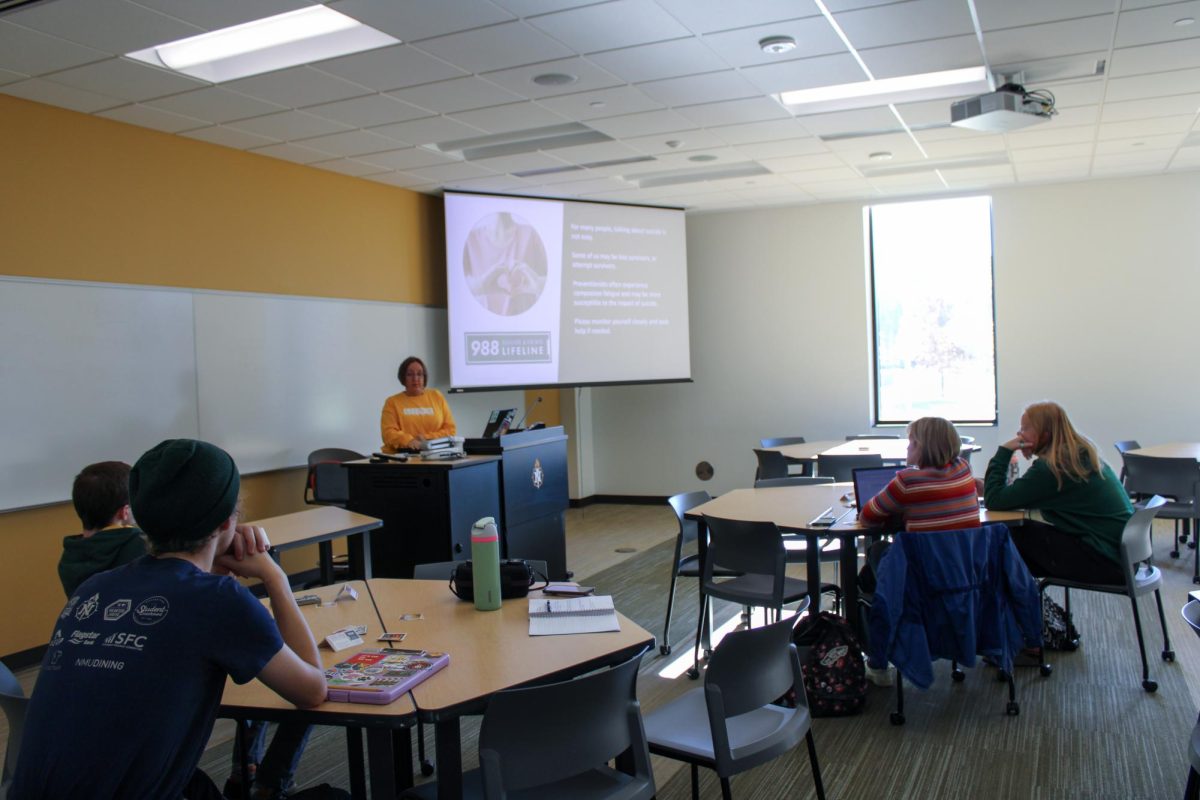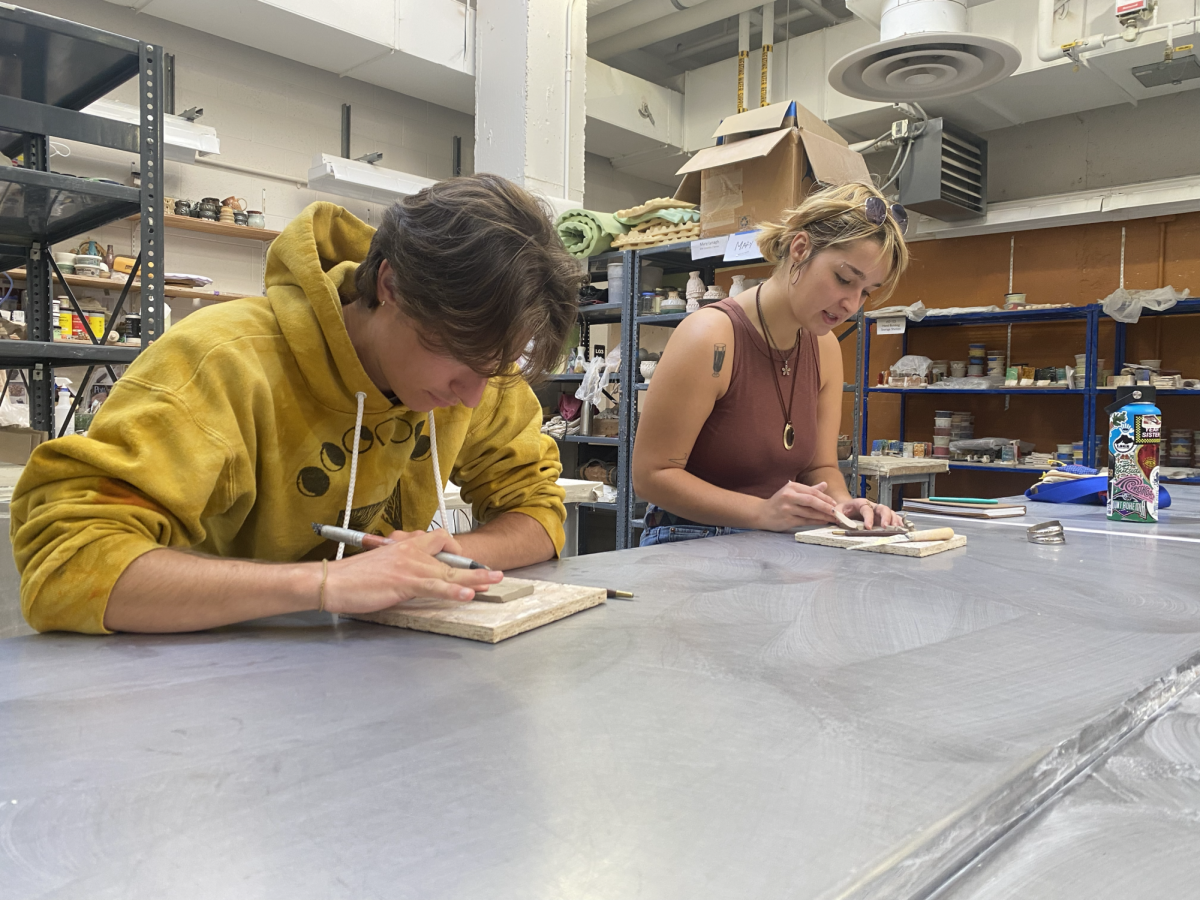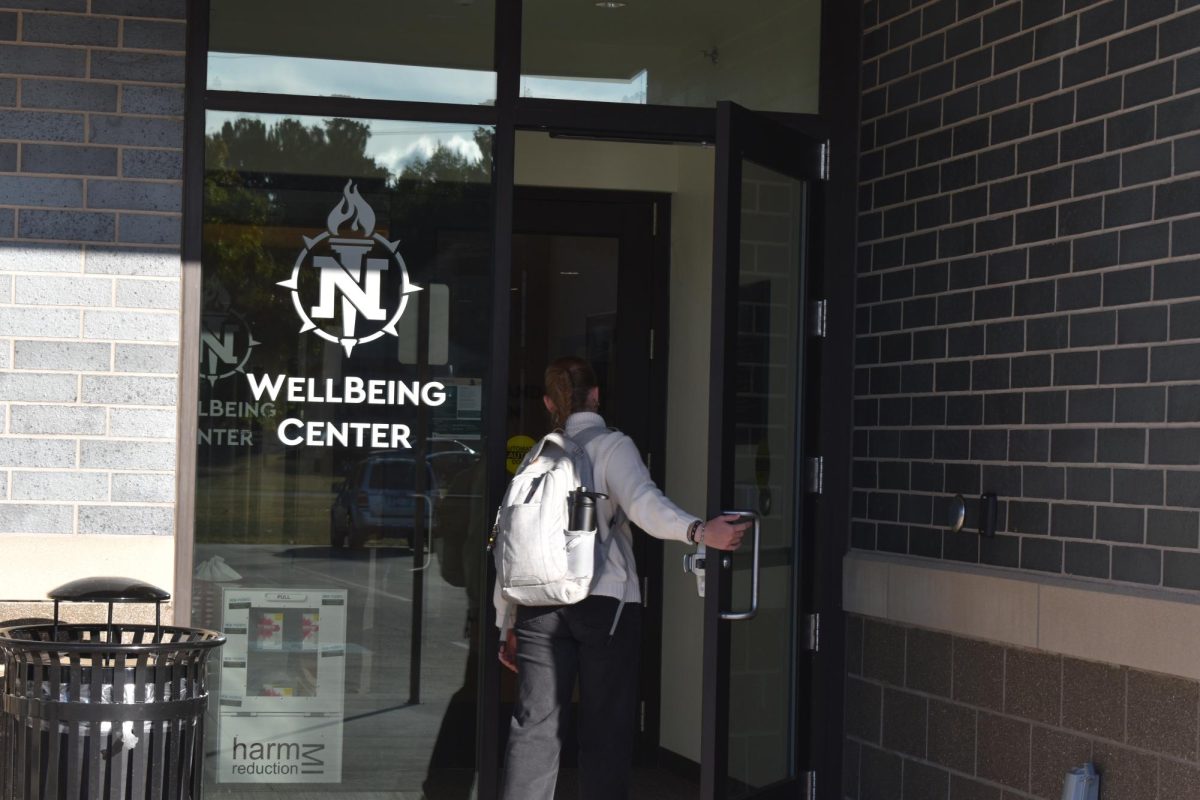Daydreams of summer beaches and warm breezes are heavy on students’ minds as the end of the semester approaches. NMU’s exam week is already less than two weeks away, starting April 26. For many, this is a time of heightened anxiety, panic and existential crises.
As a university, NMU provides many resources for developing quality study habits, as well as managing stress. Students can reach out to their own academic advisor for advice on classes, as well as counseling services for help surviving the emotional side of exam week. Paul Mann, associate dean and director of the school of clinical sciences, shares what he believes students struggle with leading up to exam week.
“There is a heightened level of stress or anxiousness many students experience in the period leading up to final exams. No doubt, the pandemic has increased the anxiety level of many students. Experience helps, as does really good time management skills,” Mann said.
In order to ease the stress, Mann suggests developing a study schedule, staying disciplined and taking pre-planned breaks focused on something you enjoy. Many students resort to procrastination because they are burnt out or exhausted by the looming work. Discipline is a huge factor in resisting procrastination.
“We see this play out when an average student goes into a clinical practicum, where a set schedule is enforced and studying is required. Many times they perform considerably better than one would expect based on previous performance. I really attribute that to a more focused environment where being disciplined is easier,” Mann said.
Study habits are often the downfall of students. Jean Kupper, associate professor and counselor in the department of counseling and consultations, offers a more concrete approach to prepare for exams:
4-8 days before exams, continue reviewing study materials and attend all classes. Create questions from notes to quiz yourself, practice tests help you think about what kind of questions your professor will ask, use mnemonic devices or visual aids and study in chunks if possible.
3-4 days before exams take a practice test with the same time and material constraints as the real thing; work in a quiet place with no distractions, time yourself and simulate real test conditions as accurately as possible. Correct and understand your mistakes, then bring your questions into the professor’s office hours to discuss.
1-2 days before exams continue to review study materials; test yourself, using study guides and practice any challenging problems until you grasp the concept. Work on the weakest areas; do not waste time on things you already know. Attend any review sessions or office hours with remaining questions.
With a concrete structure, it can be easier to manage anxiety, but staying healthy is also a huge factor of success.
“It is important to maintain a healthy routine with proper nutrition, sleep, exercise and healthy soothing distractions such as meditation, listening to calming music, spending time with friends, grounding exercises and other mindfulness activities,” Kupper said.
Another resource open to students is Therapy Assistance Online. TAO offers a multitude of resources for developing healthier habits and coping with school stress as well as other topics.
Students who may not have as many exams, but rather an abundance of essays have the writing center as a resource. The writing center offers online tutoring. Students can schedule a session online at nmu.edu/writingcenter.
Unlike previous exam years, the pandemic has restructured much of the way classes operate. It is an unusual year to be in school, and has presented unexpected challenges for many students. The 10-day enrollment numbers presented a significant decrease in students, due to COVID-19.
“There is light at the end of the tunnel. It’s only a couple weeks until the semester is over, and we all get a break. Don’t let your negative emotions ruin what you’ve accomplished to this point,” Mann said. “The Northern faculty recognize that the last year has resulted in an atypical university experience and that students are struggling with restrictions and altered learning environments.”
Mann also suggests seeking out NMU faculty for further assistance. For more information on counseling and services open to students, visit the NMU counseling services page.
























